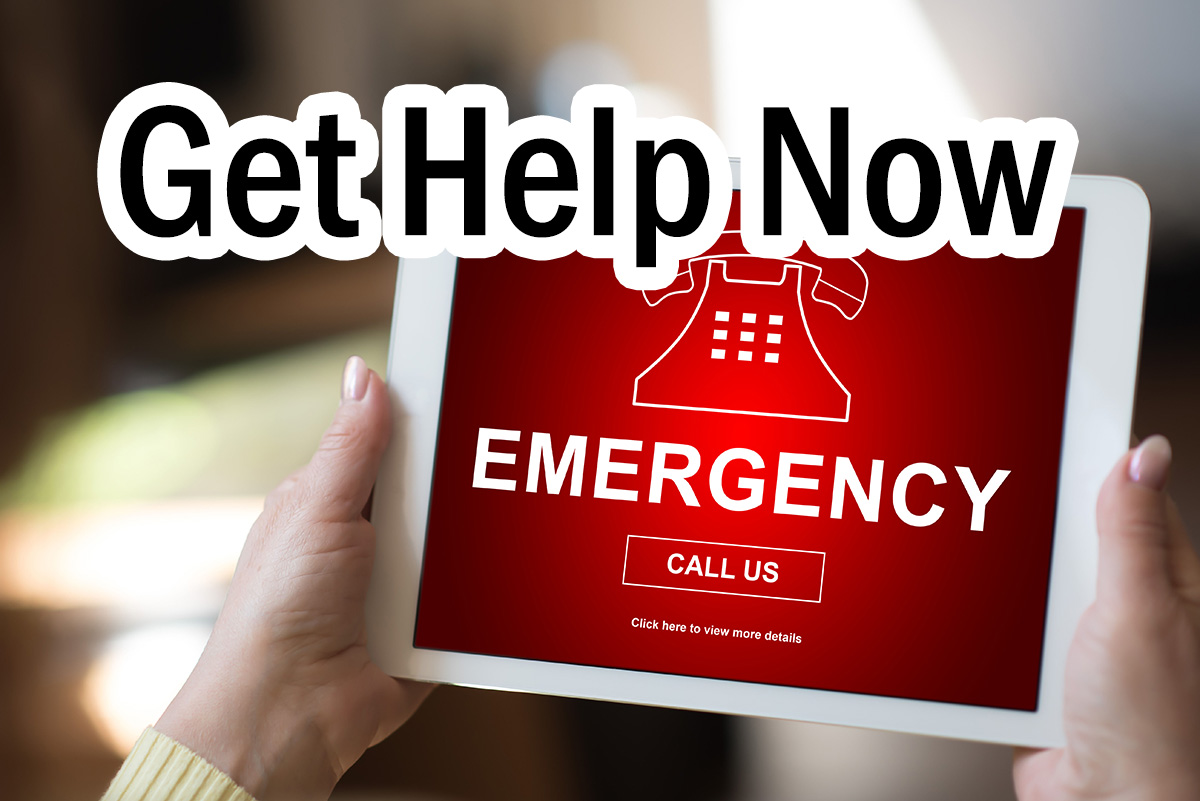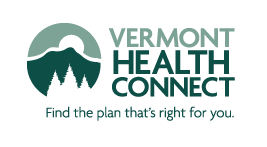Prevention
Jump to section: Prevention | Intervention | Treatment
Prevention of child sexual abuse and sexual violence is possible and does happen. Breaking the silence, learning about and tallking about signs, symptoms, and interrupting the grooming process are all key steps to preventing this crime.
There are many pieces to the puzzle of child sexual abuse. These resources will provide you with the facts so you can understand it, interrupt behaviors that are inappropriate and change the environments that allow access to children.
Educating Yourself:
Everyone has a role to play in the prevention of child sexual abuse. Breaking the silence and learning the facts (e.g., who abuses children, how it happens, and what to look for) are important actions everyone can take. The links here will help start this learning journey.
Resources on prevention from a non-profit organization working to foster social and emotional development, safety and well-being of children.
Darkness to Light; core principles for preventing, recognizing, and reacting responsibly to child sexual abuse.
A Vermont Department for Children and Families website. This section includes information about child sexual abuse (e.g., what it is, how often it happens, who sexually abuses children, how it happens, what to look for, and why children may not tell); how to plan for your children's safety; and how to talk to your kids.
Published by the Vermont Department for Children and Families.
The Vermont Network is a statewide resource on domestic and sexual violence issues. This booklet is for youth and explores healthy vs. hurtful relationships.
The goal of this paper is to establish an understanding of the process and elements of victim and environmental grooming for both adult and child victims.
General Prevention Resources
- Advocates for Youth - Parent's Sex Ed Center. Research has shown that children and youth listen to parents when they talk about values and beliefs. This link provides information for parents as sexuality educators for their children.
- American Academy of Pediatrics - Tips to Promote Social Emotional Health Among Young Children. Helping children learn healthy interactions and social skills also is a prevention tool. Children who are happy, outgoing and able to communicate are less likely to be bullied or targets for abuse.
- Harvard University - The Impact of Early Adversity on Children's Development. Keeping children safe from sexual abuse and other traumatic events is important to their overall well being and healthy development. This site shows you reasons why.
- Kidpower: Advice to Prevent Sexual Abuse at Summer Camp & Recreation Activities. A 16 minute video for parents & caregivers on section of summer camps & recreation
- Stop it Now! The Unique Role of Grandparents in Preventing Child Sexual Abuse. Download and print a tipsheet specifically for grandparents.
Healthy Sexual Development:
Helping our children understand what naturally happens and is healthy in sexual development is a prevention tool. It is never too early to start that education.
- American Academy of Pediatrics - Talking to Kids About Healthy Sexual Development. Healthy Children.Org provides tips about when to start, what to say and when to say it with your child in each developmental stage.
- DCF - Child Sexual Abuse Prevention Website: Talk To Your Kids About Healthy Sexuality
- First Impressions - Exposure to Violence and a Child's Develping Brain. Why is prevention so important? High levels and constant or toxic stress changes the way children’s brains develop and can cause long term health issues.
- National Child Traumatic Stress Network - Sexual Development and Behavior in Children
- Prevent Child Abuse Vermont - Answering Children's Questions about Sexuality
- Prevent Child Abuse Vermont - Stages of Healthy Sexual Development
- Sexual Behaviors in Young Children: What's Normal, What's not
Internet and Electronic Device Safety:
Computers and electronic devices have become a gateway for access to children. Learn how to keep yourself, your children and others safe.
Connect Safely - Smart Socializing Starts Here. For parents, teens, educators, advocates - everyone engaged in and interested in the impact of the social Web.
Enough is Enough: Internet Safety 101. Our goal is to educate, empower, and equip you with the basic safety rules and software tools you need to know to protect your children online.
FBI - Parent's Guide to Internet Safety
National Center for Missing and Exploited Children - Netsmartz Workshop. An interactive educational resource for parents, teens, and kids about internet safety.
Intervention
Jump to section: Prevention | Intervention | Treatment
Learn what to do and who to call if you notice inappropriate behavior or suspect abuse. Learn ways that you can be supportive and encourage treatment both with those who have experienced sexual abuse or who exhibit sexually harmful behaviors.
Canadian Public Health - When Children Act Out Sexually: A Guide for Parents and Teachers.
Answers to questions about sexual abuse from recognizing signs & symptoms to responding to disclosure.
DCF - Child Sexual Abuse Prevention Website.
A Vermont Department for Children & Families website. Information on what to do if you suspect child sexual abuse or see inappropriate behavior, examples of situations you might encounter & possible responses.
DCF - Reporting Child Abuse in Vermont.
If you suspect abuse or neglect, report it. Call 1-800-649-5285 — 24 hours a day, 7 days a week.
National Child Traumatic Stress Network - Caring for Kids:
What Parents Need to Know about Sexual Abuse. Information to help recognize and support children who have experienced sexual abuse.
General information and guidance for care providers on causes, coping skills, treatment options and basic understanding of childhood sexual behavior problems.
Stop-It-Now: 12 Questions About Your Behavior Only You Can Answer.
If you or someone you know has a strong sexual interest in children, you can prevent abuse from happening. If you notice this kind of interest by a youth or adult, help them avoid acting on the interest. Specific treatment for interest in sexual behavior with children has been shown to be successful. Sexual abuse of children is a crime, seek help before you or someone you know, commits it.
Stop-It-Now's Online Help Center.
Confidential, online access to information about keeping children safe and getting help for everyone. Parents, survivors, family & friends, professionals, and people worried about their own thoughts or behaviors can use this interactive tool for guidance. Click or call 1.888.PREVENT (1.888.773.8368)
Treatment
Jump to section: Prevention | Intervention | Treatment
Research shows that both those who have been sexually abused and those with sexually harmful behaviors benefit from specific theraputic treatment. With clinical guidance those who have experienced sexual abuse can recover and be resilient survivors. Those with sexually harmful behaviors can be accountable, control their harmful behaviors and reduce their risk to abuse again.
Big Voice Pictures - "Boys and Men Healing". An Inspiring 10 minute Video about healing from male child sexual abuse.
Canadian Health Center - Sexual Abuse Conseling: A Guide for Parents and Children. Information on why couseling is important, types of treatment and other help for seeking treatment.
Canadian Public Health - Sibling Sexual Abuse: A Guide for Parents. Information for families where sexual abuse happens between children in the same home.
Community Mental Health Centers. One Designated Agency (DA) in each geographic region of the state to provide the Department's mental health programs for adults and children.
National Child Traumatic Stress Network - How to Find Help. Tips and guidance by the National Chld Traumatic Stress Network for families effected by child sexual abuse.
Finding a Treatment Provider. Things to consider when seeking a mental health clinician for your child.
Stop-It-Now - Information for Adult Survivors. As an adult survivor, your parenting and protective skills towards your children may cause you to revisit your own childhood experience or have negative impacts for your children. This information is for you.



